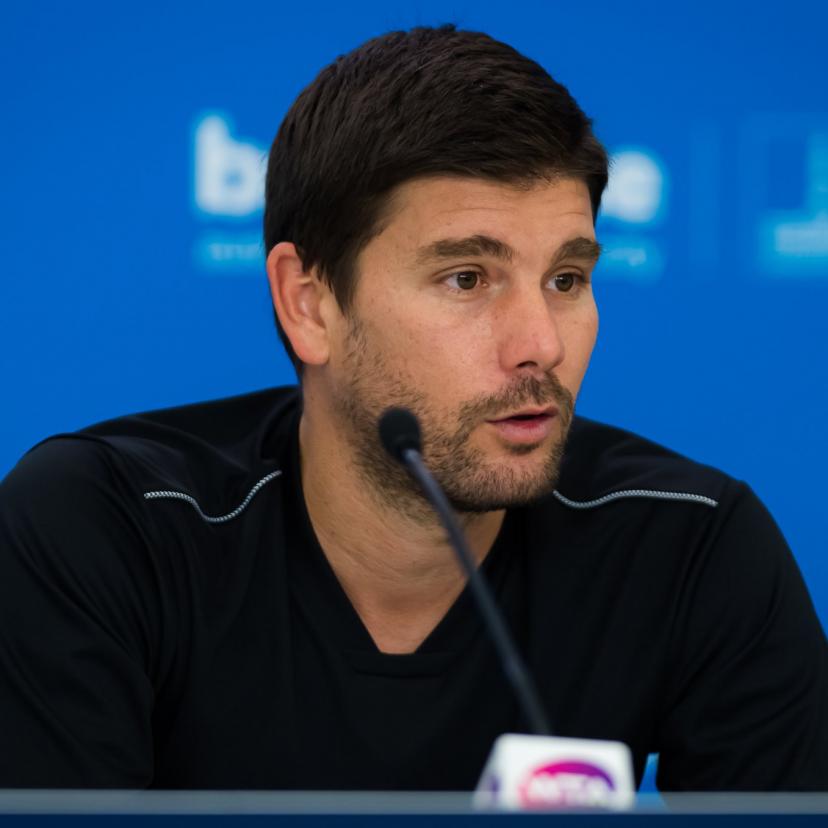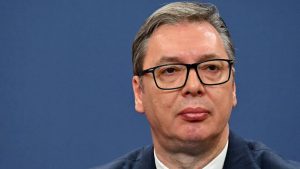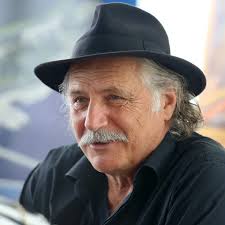
Grigor Dimitrov Calls Out Coach: ‘I Can’t Work with Someone Who Thinks I Suck!’
In a surprising and candid statement, Bulgarian tennis star Grigor Dimitrov has publicly expressed his dissatisfaction with his coaching relationship, stating, “I can’t work with someone who thinks I suck!” This bold proclamation has sent shockwaves through the tennis community, igniting discussions about the vital role of a supportive coach in an athlete’s success.
Dimitrov, once ranked as high as No. 3 in the world and a former ATP Finals champion, has faced a challenging period in his career. Despite possessing extraordinary talent and a fan-favorite playing style that features a blend of power and finesse, his recent performances on the court have not lived up to expectations. The 32-year-old has struggled to find his form, leading to multiple early exits from tournaments and a slide down the rankings.
His statement regarding his coach comes at a pivotal juncture in his career, as he seeks to regain his footing in a highly competitive field. Dimitrov elaborated on his frustrations, indicating that negative feedback has impacted his confidence and overall mental state. “Everyone has ups and downs in their career, but I need someone who can lift me up, not push me down,” he said, emphasizing the need for positivity and encouragement in his training regimen.
Many fans and commentators have weighed in on the situation, with a mix of support and concern regarding Dimitrov’s harsh critique of his coaching. Supporters agree that a constructive and uplifting coaching dynamic is crucial, especially when dealing with the pressures of professional sports. “Sometimes, you just need someone who believes in you,” commented one enthusiastic fan during an online discussion. “Grigor has the potential to be great again; he just needs the right guidance.”
The tennis world, known for its competitive spirit and high stakes, often places immense pressure on players to perform consistently. A coach’s role extends beyond mere strategy and technical training; they are also mentors who help athletes navigate the psychological challenges that come with the sport. Thus, Dimitrov’s call for change reflects a broader conversation about coaching styles and the emphasis on mental health in athletics.
As discussions swirl around his future and potential coaching changes, Dimitrov remains focused on the upcoming ATP events. Speculation has begun about who his next coach might be, with various names circulating among fans and pundits alike. Some have suggested that he might benefit from working with someone who has a proven track record of revitalizing careers, while others believe he should seek a coach who aligns more closely with his playing philosophy.
While the immediate future remains uncertain, one thing is clear: Grigor Dimitrov is committed to rejuvenating his career and finding the right support system to help him succeed. As he navigates this challenging chapter, fans will be eagerly watching to see how he adapts, both on and off the court.
In conclusion, Dimitrov’s outspoken comments highlight the critical connection between an athlete’s mental well-being and their performance. Whether he will find a coach who can inspire him to reclaim his position among the tennis elite remains to be seen, but his determination to speak out and seek change showcases his passion for the sport and his desire to succeed.






